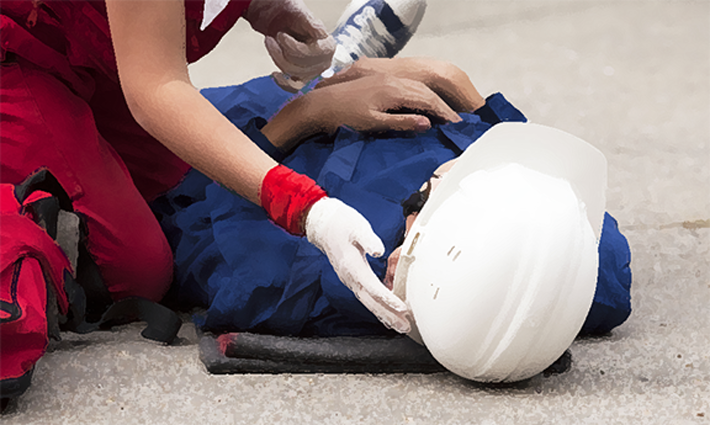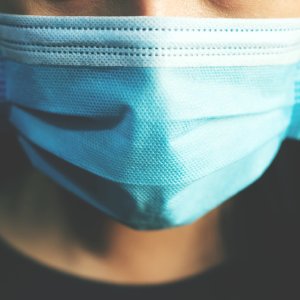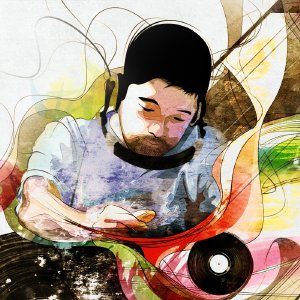U.S. Workplace Drug Use Numbers Going in Wrong Direction
Workplace drug testing company Quest Diagnostics has just released a report on their drug tests performed for companies across the country in 2015. The results are grim. After several years of declining positive drug tests, the last several years have seen increases, with 2015 numbers being the highest in ten years.
Over the last five years, the rate of amphetamine, marijuana, and heroin detection from urine tests increased every year. Here’s the increases since 2011:
- Positive amphetamine tests increased 44%
- Positive marijuana tests increased 26%
- Positive heroin tests increased 146%
Tests for oxycodone (OxyContin) have gone down, but the increase in heroin use explains this decline.
Tests using oral fluids show a sharp increase in positive results. In 2013, 6.7% of these tests were positive for any drug. In 2015, 9.1% of these tests were positive – a 47% increase. This indicates that nearly one in eleven applicants for jobs would not be able to pass the drug test requirement.
The National Council on Alcoholism and Drug Dependence (NCADD) had more to say on this subject. They report that:
- A study of hospital emergency rooms showed that 35% of patients who had suffered an occupational injury were at-risk drinkers
- Of ER patients who had been injured at work, 16% had detectable amounts of alcohol in their bodies
- Of workplace fatalities, 11% had been drinking.

There are more than 14 million Americans who use illegal drugs or misuse medications. Seventy percent of these people are employed which means that of course we are going to find these drugs in our workforce.
The losers in this situation are the employees who get hurt or whose productivity is harmed, the employers who must maintain profitability in order to stay alive and consumers who pay increased prices or received poorer products or services.


